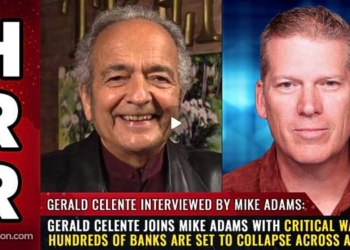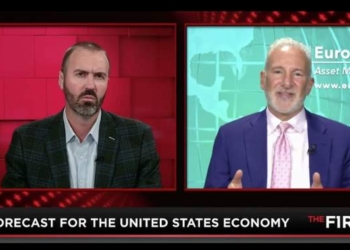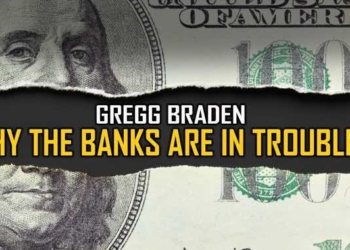
The costs associated with funerals are not inconsiderable. In fact, the average cost of a funeral in the UK is well over £4,000 today. Although it is possible to arrange a funeral that will cost less than the average, this will often mean making considerable compromises on the sort of service that will be offered and the quality of things like the coffin, the catering and the limousines that may be used.
Given that there is a great deal of expenditure for loved ones to worry about in the event of a family member passing away, many people choose to opt for pre-payment plans these days. These plans mean that you can make regular payments in advance so that the costs of your funeral will be fully covered if you were to die. Just make sure someone knows about the existence of the plan or leave the paperwork in a place that is easy for them to find.
So, what is involved in a funeral that makes it so expensive? To be clear, there are a number of factors that mean the price of even a very simple one will be well over four figures. Let's break down where all the money goes.
To begin with, burials are more expensive than cremations because of the plot of land that is needed either in a graveyard or a cemetery. With burials, you have to pay an interment fee as well as covering the costs of the religious minister or other officiants, too. By contrast, you have to pay for a cremation certificate, a crematorium fee and fork out for the official who will preside over the ceremony if you opt for a cremation. So-called direct cremations are the cheapest option but you will still need to pay for the certificate and a plain coffin. On average, direct cremations will still cost over £995.
Regardless of which sort of cremation you opt for, you will need to also pay your funeral director's fees. The same goes for burials, of course. Funeral directors have to cover their operating costs which can be considerable, after all. Not only will they oversee all of the arrangements, but they will be responsible for handling the body of the deceased person with care. Additional costs can soon mount up with funeral directors. For example, if you want specific funeral stationery, a certain type of coffin or casket, or even funeral wreaths to be coordinated by your funeral director, then you can expect a surcharge to be made.
Other costs that people sometimes overlook with funerals include the expenditure associated with the wake. This may include the hire of a suitable venue, for example, or the fees that will be levied for catering at the event. Limousine hire is often arranged through the chosen funeral director but specific requirements may mean this needs to be outsourced, too, which will incur an additional fee. The same goes for horse-drawn funeral carriages, of course, since few funeral directors have their own to call upon. Finally, death notices in the local press and so on will also be a further expense that is worth planning for in advance.















